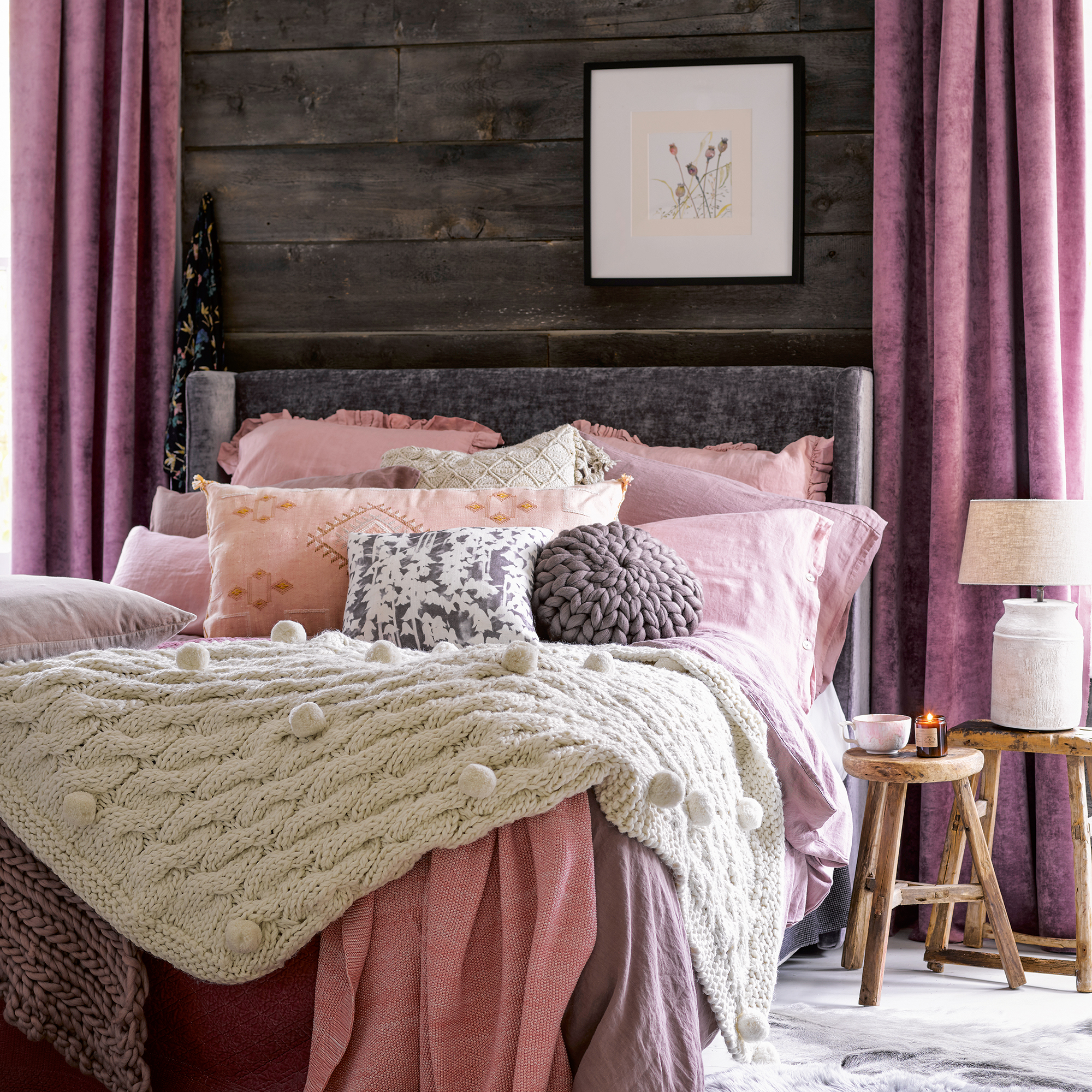
Our bedrooms should be a haven to retreat to after a long day but certain design choices and mistakes can leave a bedroom room feeling cold and even somewhat sterile. So, if your current bedroom ideas don’t instantly feel warm and cosy as soon as you step into the room, there are some quick and easy changes that you can make to immediately add warmth and comfort to the space.
From using the incorrect lighting and not thinking about winter window dressing ideas, to not considering colours or textures, these are just a few of the mistakes that could be making your bedroom feel cold.
To fill your home with the right cosy bedroom ideas, experts have recommended the mistakes to swerve and what you should be doing instead to make your bedroom feel warm and inviting regardless of the temperature or season.
Mistakes that are making your bedroom feel cold
1. Not using warm lighting
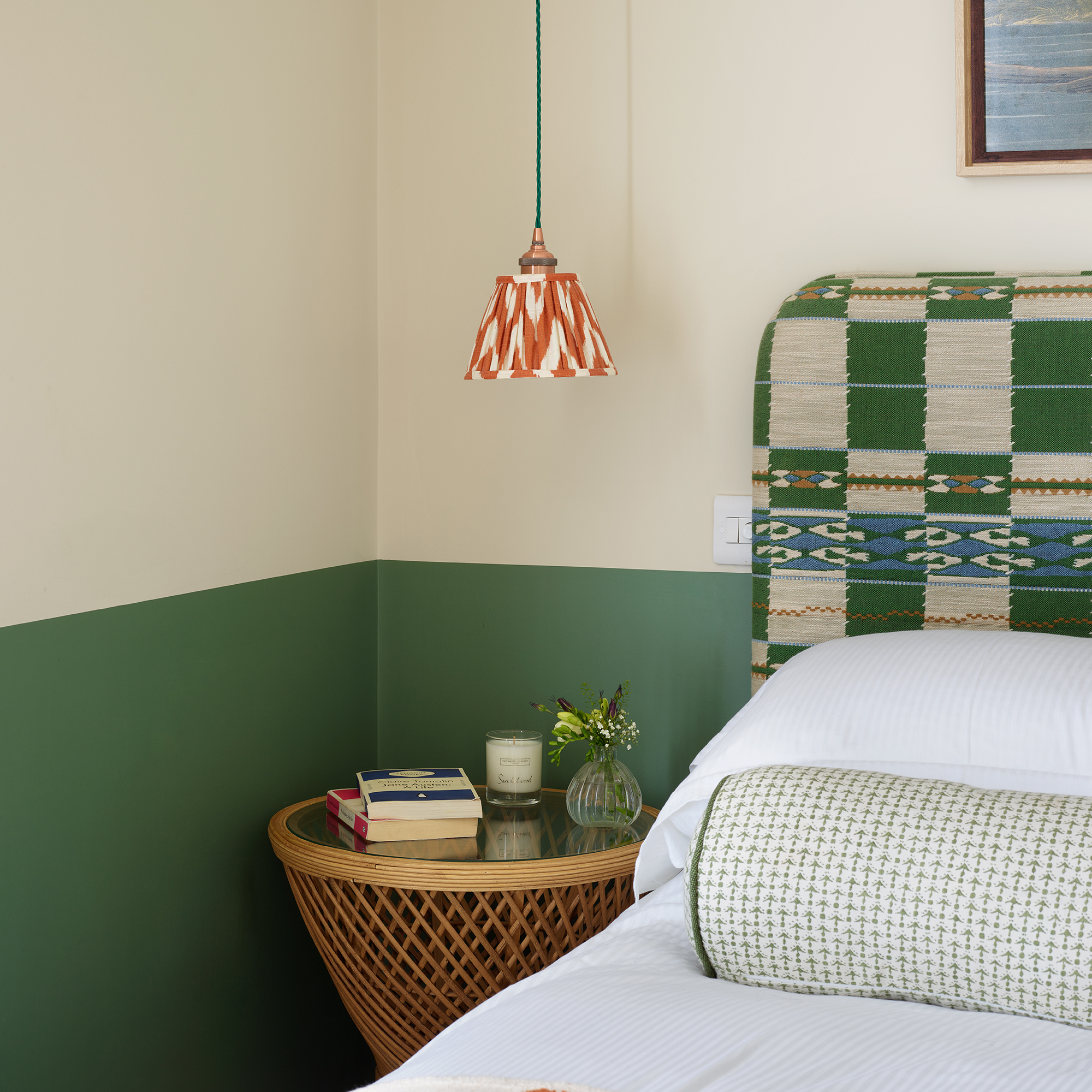
‘Lighting has an instant effect on the ambience of your space,’ argues Will Plowden, founder of The Roost. ‘It is the magical ingredient that can make or break a space. Get it right, and you’ll have a warm, inviting and restful bedroom. Get it wrong, and you’ll have just the opposite.’
While there may be a number of different bedroom lighting mistakes that you could be making, not having a form of warm lighting can make your bedroom feel cold. Instead, add a soft glow to your bedroom by using a mix of light sources in your bedroom lighting ideas, including candlelight, to make it feel extra cosy.
‘The warmer the light, the cosier we find it - a room bathed in soft lighting will feel more snug than if daylight lighting was used,’ suggests Marlena Kaminska, designer at ValueLights. ‘A really simple switch you can make to help your bedroom feel more cosy is switching any white lights for warm-toned LED bulbs.’
2. Relying solely on the big light
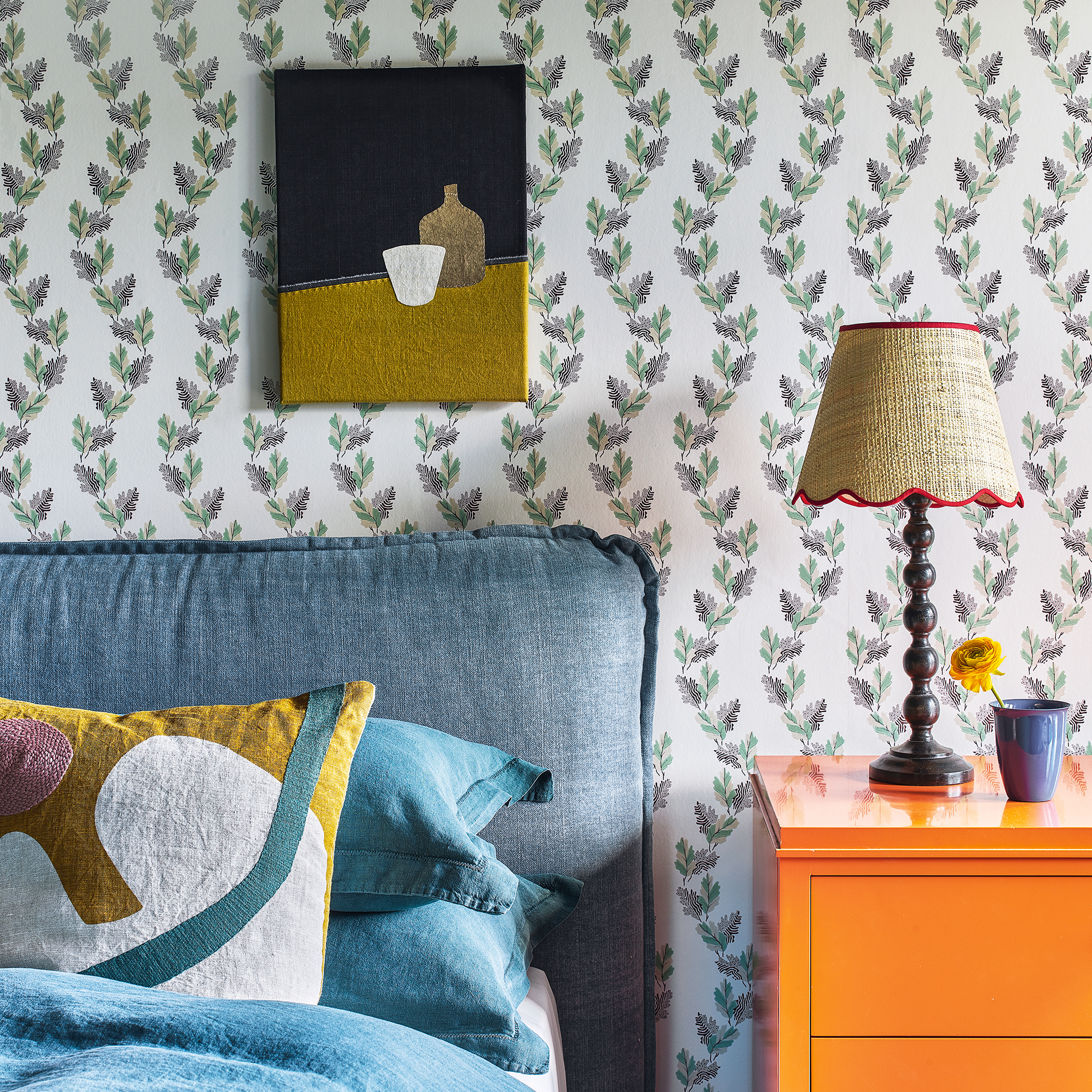
Another lighting mistake that could be making your bedroom feel cold is only using your ceiling light. ‘An over-reliance on your ceiling lighting can lead to shadowy bedroom corners, making the space feel and look colder,’ according to Marlena.
‘Layering lighting is key when it comes to making the space functional, relaxing and inviting.'
3. Opting for icy or cool tones
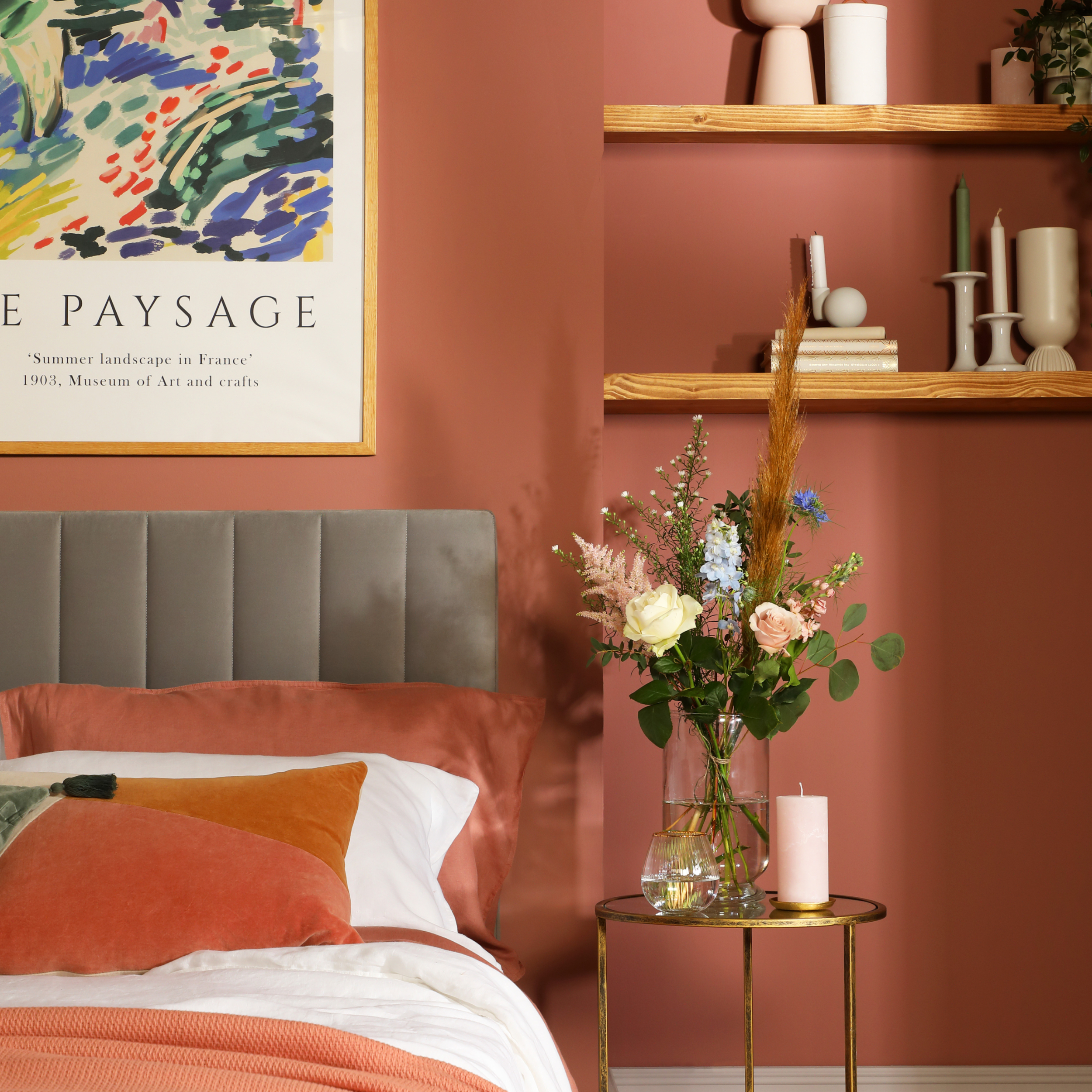
‘Colour is one of the most important aspects to consider, as using the right or wrong tones can completely shift the way a room looks and feels,’ warns Amy Wilson, Interior Designer at 247 Blinds and 247 Curtains. ‘I would suggest completely steering away from grey as it can wash out your home making it look dreary and sombre. Cool-toned blues and greens should also be avoided as they can result in a glacial effect in the wintertime which can be quite chilling.’
‘When creating a cosy feel, you will want to use colours and shades that have a warm undertone - so yellows, pinks, purples - you could also go for greens and blues but ensure they have that warm tone else you risk making the space appear colder than planned,’ Colette Toman, Interior Stylist at Make My Blinds, outlines. ‘If you like a neutral base, then go for a warm cream, beige, ivory or taupe rather than white.’
4. Not utilising a number of different textures

‘The introduction of layered textures in a bedroom will help to add warmth and depth to the room,’ Will adds. ‘Cosy Berber rugs, artisanal quilts and plush cushions will create elements of softness and pattern to a bedroom to create a homely ambience.’
'Thinking about what your bedding and decor is made from is key when it comes to creating a space that feels warm and cosy. Many people inadvertently make a space colder by choosing products made from materials with poor insulation, like synthetics, when natural materials like wool have temperature regulating qualities that help to trap heat and prevent the room from feeling cold,' Louisa Knapp, Head of Design at British Wool, reveals.
5. Not adding a rug to hard floors
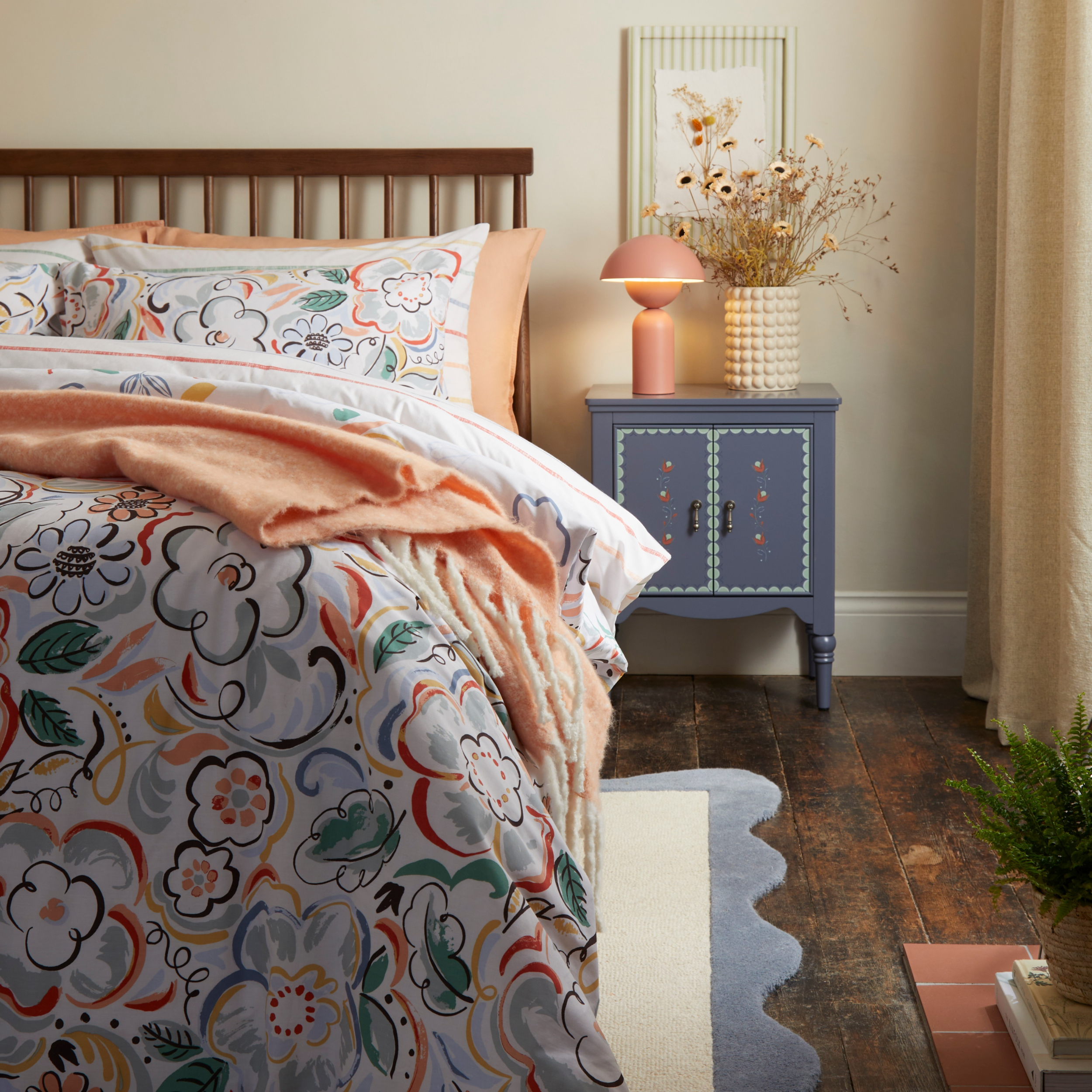
‘If you have laminate or hardwood flooring, your space will feel cooler than a carpeted room, so to counteract this when it’s cold, make sure you have one or two rugs placed down,’ suggests Jess Steele, heating technology expert at BestHeating.
Not only will the rugs help to keep your feet feeling warmer when you get out of bed but they will add an extra layer of insulation to the room.
'Our homes also leak heat constantly, with floors accounting for approximately 10% of all heat lost,' remarks Punam Chada, Carpet Buyer at Carpetright. 'Wool rugs are by far the superior choice for keeping a room warm because the natural fibres are designed to trap heat. Alternative options, such as cotton or polyester rugs, are also durable and easy to clean for any high traffic areas.'
6. Not using the correct window dressings
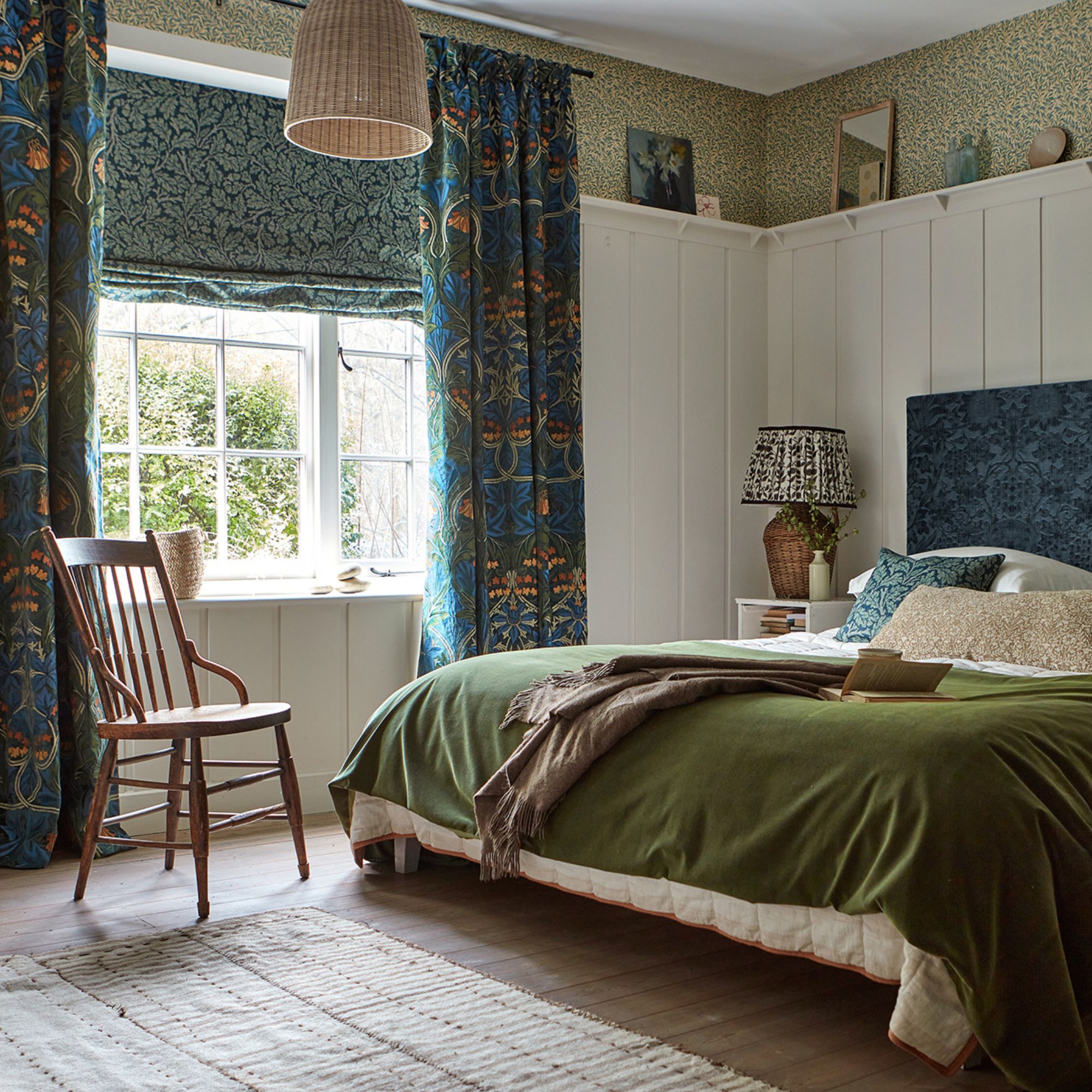
‘Your choice of window covering can significantly alter the overall feel of a room,’ Colette warns. ‘Opting for an ill-fitting blind or loose curtains can lead to a colder room through draughts and escaping light.’
‘Instead, go for a perfect-fit blind or a Venetian blind; a wooden Venetian blind will allow you to control the amount of light entering the room, letting you make the most of the daytime when the sun is highest. You can also pair your blind with curtains, allowing for an extra layer of protection from any draughts or light,’ she adds.
7. Not dressing your bed correctly
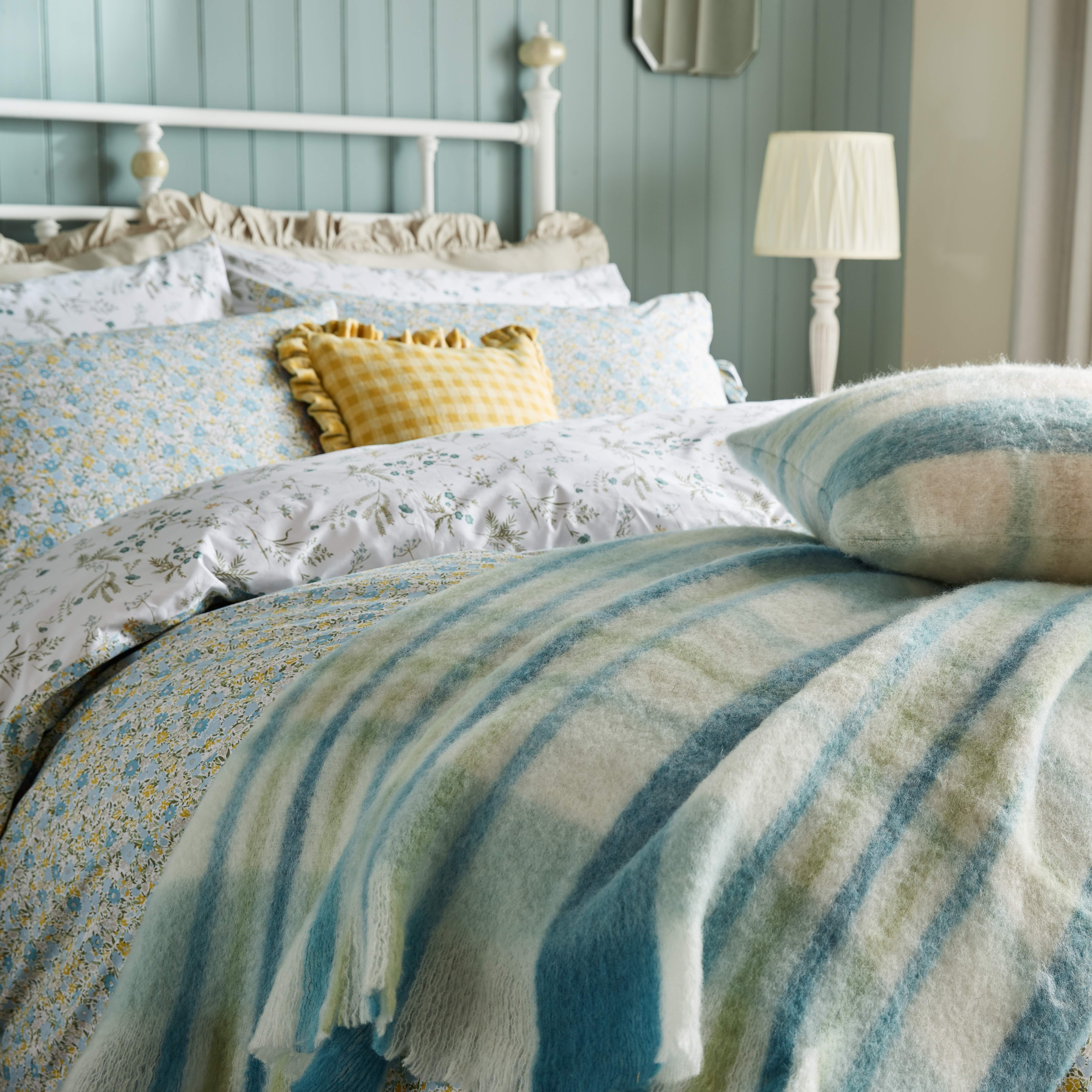
‘A big faux pas when dressing the bed is to pull the duvet right over the pillows. This makes the bed look clinical and will prevent the atmosphere from feeling warm and inviting,’ explains James Mellan-Matulewicz, Creative Director at Bobbi Beck. ‘The duvet should be folded back on itself at the top and the pillows should be on show, ideally with some scatter cushions for extra layering.’
8. Being too minimalist with your design or decor choices
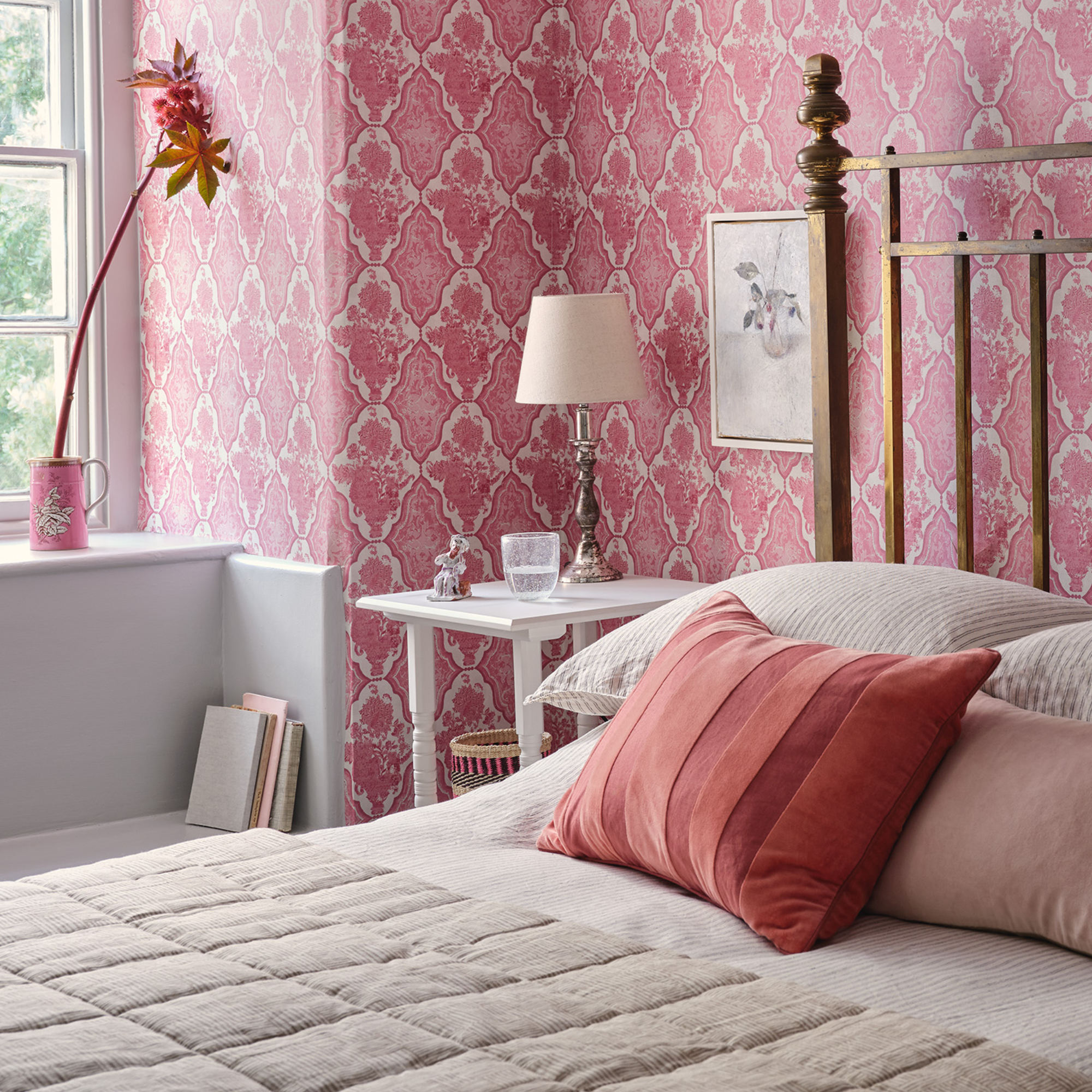
‘While minimalism can be stylish, an excessively sparse bedroom with bare walls and minimal furnishings might feel cold,’ James admits.
‘Overly minimalistic decor and harsh colour choices can often make a bedroom feel cold and unwelcoming,’ Debbie Leigh, Design Manager at ILIV, agrees. This is when you’ll want to add different textures and patterns to add a snug feeling to the space.
‘Totally clear surfaces also feel cold,’ says Ann Marie Cousins, founder of AMC Design. Something as simple as adding a dish for your jewellery or displaying some of your favourite books can inject colour and personality.
9. Neglecting the ceiling
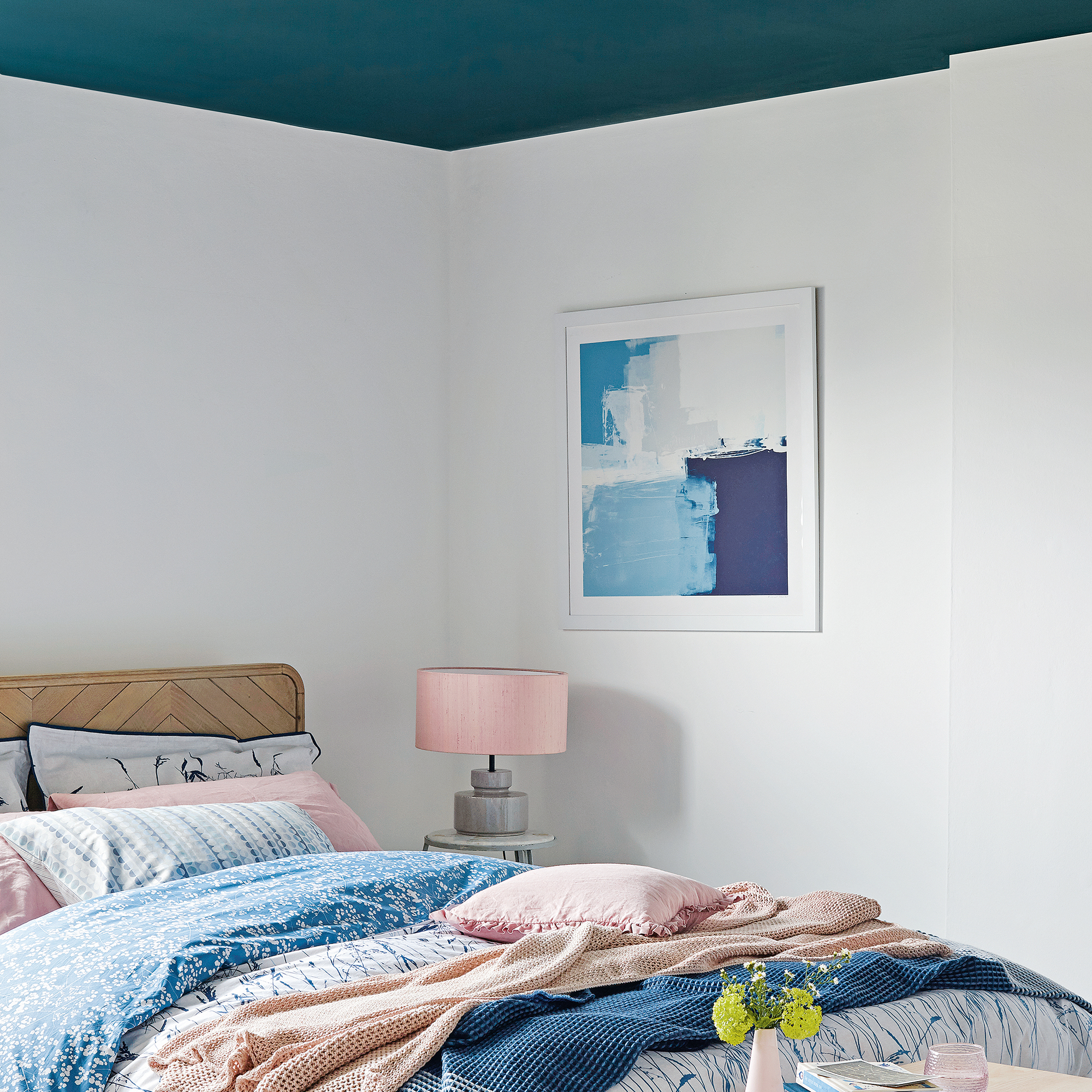
‘It’s common for us to overlook the ceiling as a design feature within a space, but adding architectural detailing such as panelling or crown moulding can prevent the space feeling empty,’ James affirms.
‘If you’re looking for something simpler then paint it the same colour as the walls for more of a drenched look, rather than leaving it white,’ he adds. Painting your bedroom ceiling can also add a pop of personality to the space.
FAQs
What are the easiest ways to make a bedroom feel warm and cosy?
‘The key to cosy styling is layering and it is a quick and easy way to warm up your home,’ Amy Wilson, Interior Designer at 247 Blinds and 247 Curtains affirms. So, you’ll want to layer everything from window dressings – with blinds and curtains – to lighting and accessories to make the room feel inviting.
Which materials make a bedroom feel warmer?
‘When selecting furniture, it’s better to opt for soft and natural materials,’ James concludes. ‘Choose an upholstered bed in a material like boucle or suede and choose cabinets and wardrobes in natural materials like wood and rattan, rather than flat glossy finishes.’
'Although wool may be the fabric most well-known for its insulating qualities, materials such as fleece, flannel, fur, and faux fur are great alternatives with strong abilities to keep you warm,' according to Rikke Blaeside, Design and Range Manager at JYSK. 'When you go shopping for warm throws, rugs, or bedding, look out for thick and fluffy materials that can hold on to your body heat.'
Plenty of these mistakes are quick fixes, so spend a few minutes swapping things around and cosy up into a warm and inviting bedroom retreat.







